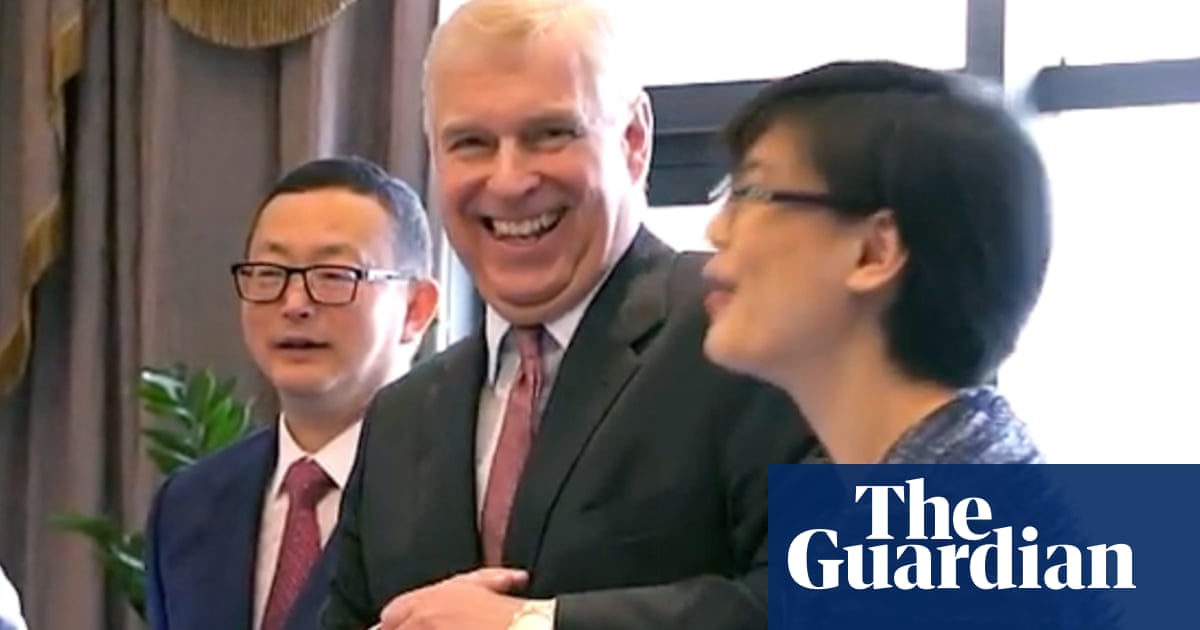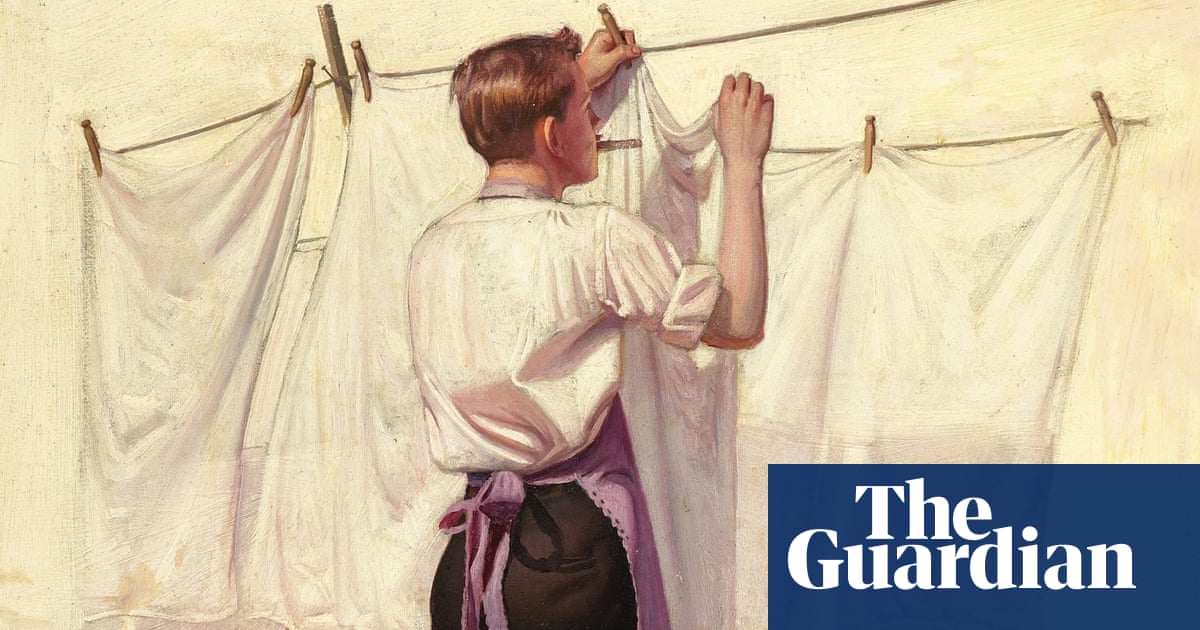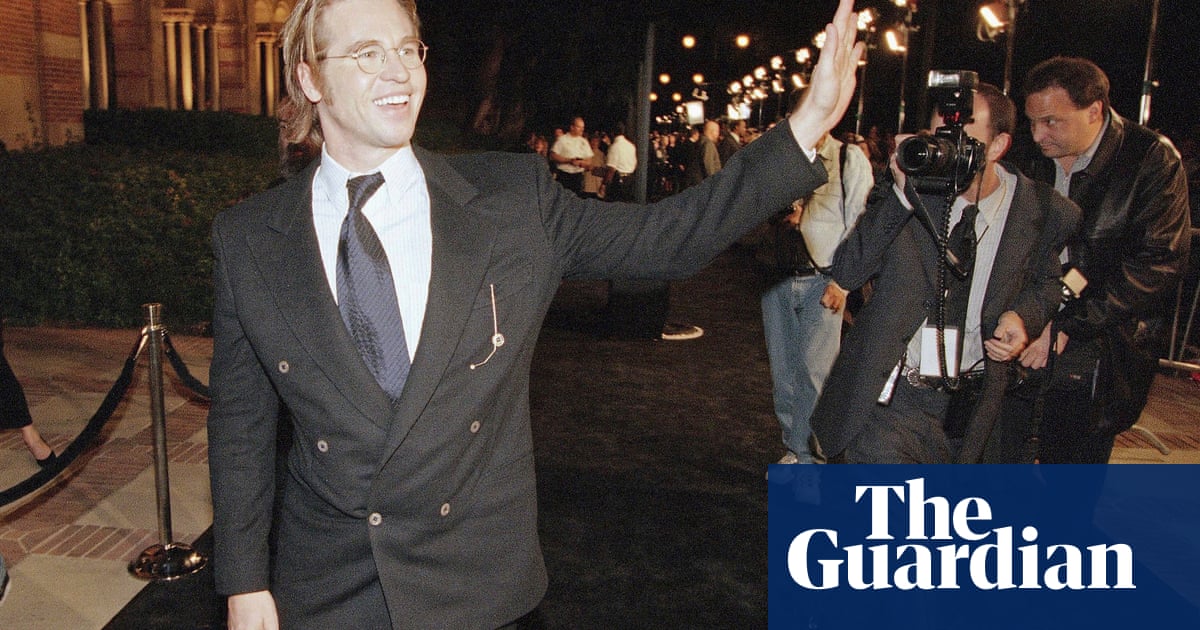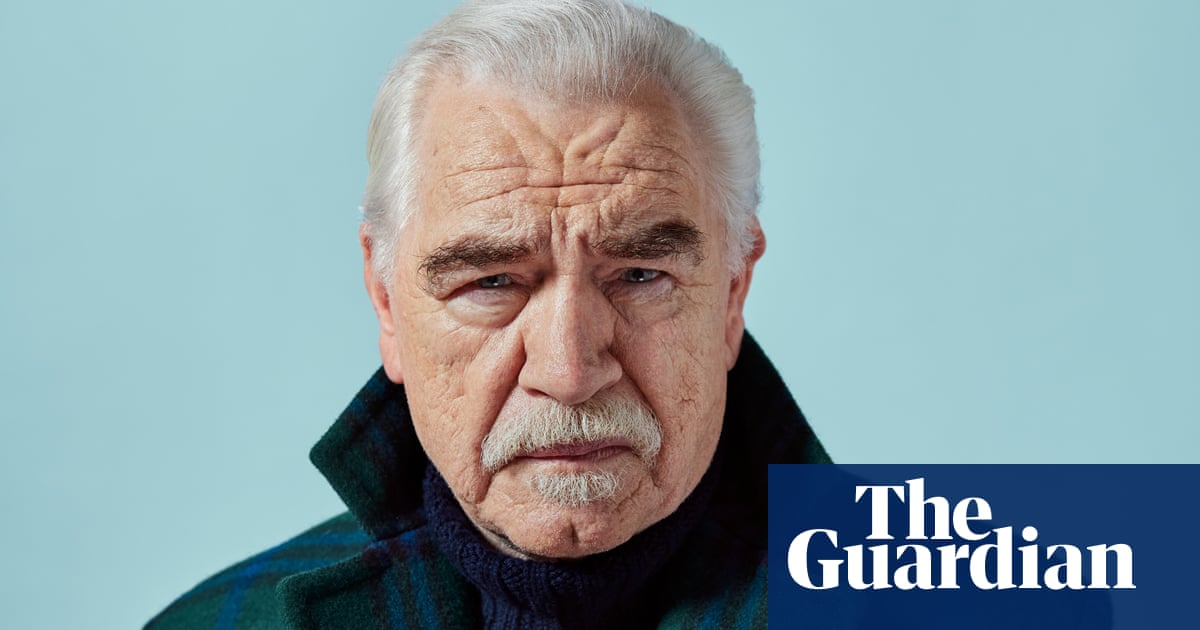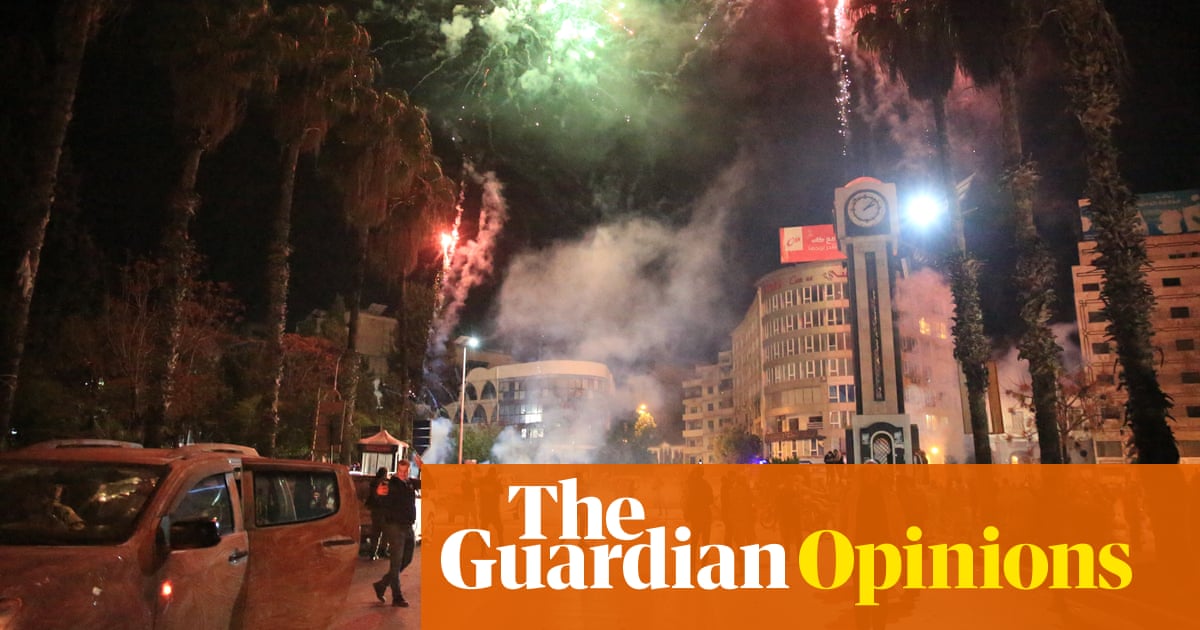The New South Wales police commissioner, Karen Webb, says she has “grave concerns” about the safety of Sydney’s famous New Year’s Eve fireworks proceeding during a train strike – and she could recommend they be cancelled.
“Leaving the city is based on access to transport, including trains, and if trains aren’t available, and people can’t leave the city, I have very large concerns of the risk that will create to the public, because families won’t be able to get home and they’ll be trapped in the city [with] no way out,” the commissioner told reporters on Friday.
Webb said every year NSW police patrolled the event “on the basis that 250,000 people can come into the city and then safely leave the city”.
“So I haven’t ruled out that I will recommend to government that we cancel the fireworks. It’s that serious.”
Webb’s comments followed a federal court decision on Thursday which quashed a temporary injunction against ongoing industrial action by rail unions.
The NSW government has since vowed to “take every possible measure” to ensure Sydney’s train network runs smoothly over Christmas and New Year’s Eve, lodging a request for the Fair Work Commission to suspend or terminate industrial action “to protect New Year’s Eve and stop rail disruption”.
The government argued the action would risk community safety and cause economic harm.
The NSW transport minister, Jo Haylen, said the uncertainty and disruption caused by industrial action at this time of the year was “intolerable”.
Fair work hearings are due next week. If the government’s request does not succeed, Webb warned Sydneysiders their famous new year celebrations could be cancelled.
Webb said if there was no public transport then “I can’t guarantee safety” and cancelling the fireworks was “certainly an option I need to consider in terms of risk to public safety”.
The premier, Chris Minns, said the state government would take on board any advice from police.
“That’s why we’re in court [trying to stop industrial action] – the stakes are high. We’ve got a few steps to take before a decision’s being made, but as I said, we would of course take the advice of NSW police and the police commissioner.”
Sydney’s train network was disrupted from late on Thursday after the injunction ended. Services were cancelled and delayed on numerous lines within hours of the federal court decision.
after newsletter promotion
Haylen conceded on Thursday afternoon that the government had no certainty about the train services that would run until a new pay deal was struck.
Rail unions can take more than 200 approved industrial actions – including work stoppages, distance limits for drivers, orders to deactivate Opal readers and a ban on the state changing rosters – without needing to provide an official notice period.
Haylen accused the unions of putting “a gun to our head” during negotiations with the threat of cutting services throughout the rest of December but especially on New Year’s Eve.
“This is not a toy train set. You can’t just move it around with a click of your fingers and expect that that’s going to service the millions of people across Sydney that rely on it each and every day,” Haylen said.
Combined unions representing 13,000 rail workers have refused to budge from their demands for a 32% pay rise over four years while the NSW government’s starting offer to the rail unions has been a 9.5% pay rise over three years.
In November, NSW police won a pay deal that would see wages rise by up to 40%.

 3 months ago
59
3 months ago
59
